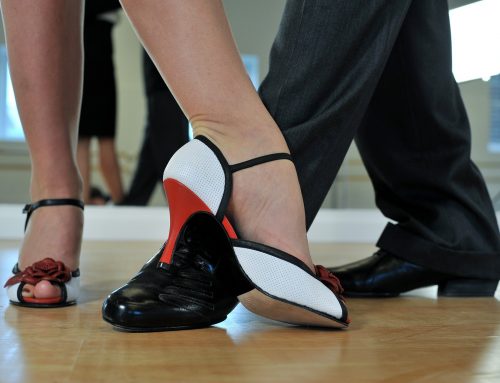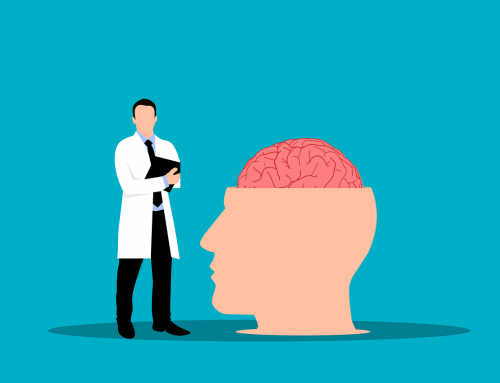A quarter of all car accidents in the United States today are the result of distracted driving. The Founding Director of Detroit Receiving Hospital’s Center for the Prevention and Treatment of Psychological Trauma, and now in private practice in Mt. Clemens, Michigan, Dr. Zender provides treatment for individuals who have suffered psychological trauma from auto accidents. Many if not most of the serious crashes his patients were involved in were caused by distracted driving.
As we approach the 4th of July weekend, one of the peak driving (and accident) weekends of the year lets think prevention! According to the Insurance Institute, Independence Day has for many years been America’s deadliest day from auto accidents. Dr. Zender shares insight on how to avoid distracted driving and to stay alert behind the wheel during long vacation drives this Independence Day.
These tips go beyond the obvious—avoid texting while driving—and are culled from the experiences of Dr. Zender’s patients.
- Plan your trip in advance: Many drivers set their GPS after they’ve started driving. Bad move. “Take an extra five minutes to pre-set and plan your route while you’re still parked in your driveway,” Dr. Zender recommends.
- Listen to books on tape: “Keeping the mind engaged is not a distraction, provided you keep your eyes on the road,” says Zender. Focusing on the plot of a book as you listen to it read, can actually keep you focused and alert, as opposed to having your attention drift off. (Bonus: You’re always saying you don’t have time for a book. Here’s a way to get a jump start on your summer reading, while helping stay safe.)
- Carry a wet wash cloth in a zippy bag to dab on your face when fatigued. “This is a proven method, utilized by seasoned long distance truck drivers,” Dr. Zender says.
- Take your cell phone—and put it in the trunk of your car: “We may not think of it in the same way as narcotics, tobacco or alcohol,” Dr. Zender points out, “but cell phone use is powerfully addictive.” Even if you are not intending to use the phone, having it within reach while you drive is going to increase the likelihood that you will use it. Instead, put it in the trunk. That way you’ll have access to it when you need it—but not while you’re driving.
- Need to make a call? Pull over. Most major freeways and interstates have plenty of rest stops. Utilize these, or in an emergency pull over, if you have to make or take an urgent call.
- Turn your music down and be aware that music can be a significant distraction. “A surprising number of accidents happen when drivers are distracted by music playing in the car,” Dr. Zender notes. So turn it down or tune it to the classical music, jazz or an easy listening station.”
Media contact:
Martha W. Murphy brandmds@gmail.com
Dr. Zender drjameszender@sbcglobal.net




